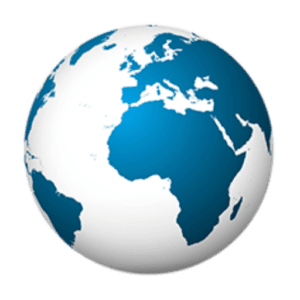Asia, 22 April, 2024 On Earth Day, observed annually on April 22 to advocate for environmental protection, the stark reality of Southeast Asia’s plastic pollution crisis looms large.
In Labuan, western Java, Otin reminisces about her childhood days when the pristine beach sparkled under the sun. Today, the same shore is marred by a deluge of plastic waste, a mere stone’s throw from her home. Despite residents’ efforts to keep the beach clean, the relentless tide brings in tons of trash daily, leaving them grappling with the aftermath.
Most of the debris, ranging from shopping bags to food wrappers, arrives weather-beaten and unidentifiable, pointing to the far-reaching extent of the issue. Southeast Asia, despite hosting less than 9% of the global population, bears the brunt of 17% of the world’s plastic waste imports, exacerbating the region’s own plastic consumption challenges.
The consequences are dire: Southeast Asia tops the charts as the largest contributor to oceanic plastic pollution, with six of the world’s top 10 offenders hailing from the region. From the Philippines to Malaysia, Indonesia to Vietnam, the toll on marine ecosystems and coastal communities is alarming.
Efforts to address the crisis face formidable challenges. Despite recycling being touted as a solution, the reality is grim. Much of the imported plastic, intended for recycling, ends up being dumped or burned, burdening developing nations ill-equipped to manage the influx.
Rich countries, seeking to offload their waste woes, exploit regulatory loopholes to export trash to Southeast Asia, perpetuating a cycle of environmental degradation and social injustice. Despite mounting international scrutiny, illicit waste trafficking continues unabated, fueled by lucrative profits and lax enforcement.
The urgency for action is palpable. Calls for stringent regulations, regional cooperation, and global accountability echo across affected communities. As Southeast Asia grapples with mountains of plastic waste, the need for sustainable solutions has never been more pressing.
On Labuan Beach, amidst the plastic tide, the resilience of local residents shines through. Despite the overwhelming odds, they continue to battle the deluge, hoping for a cleaner, greener future for generations to come.














